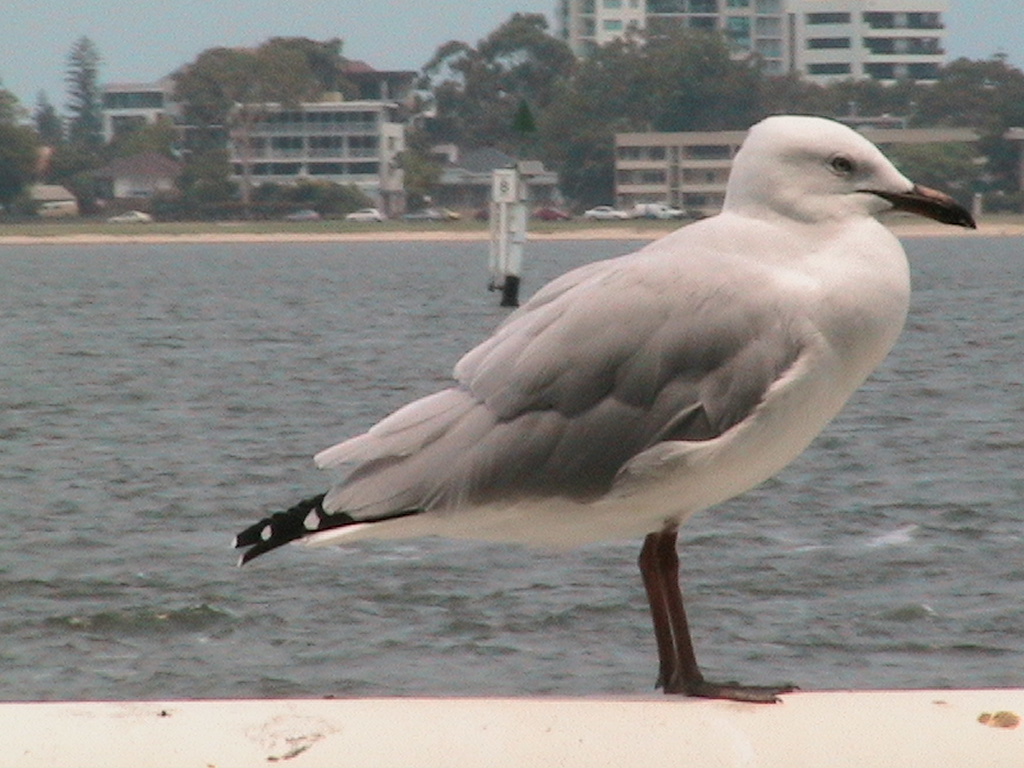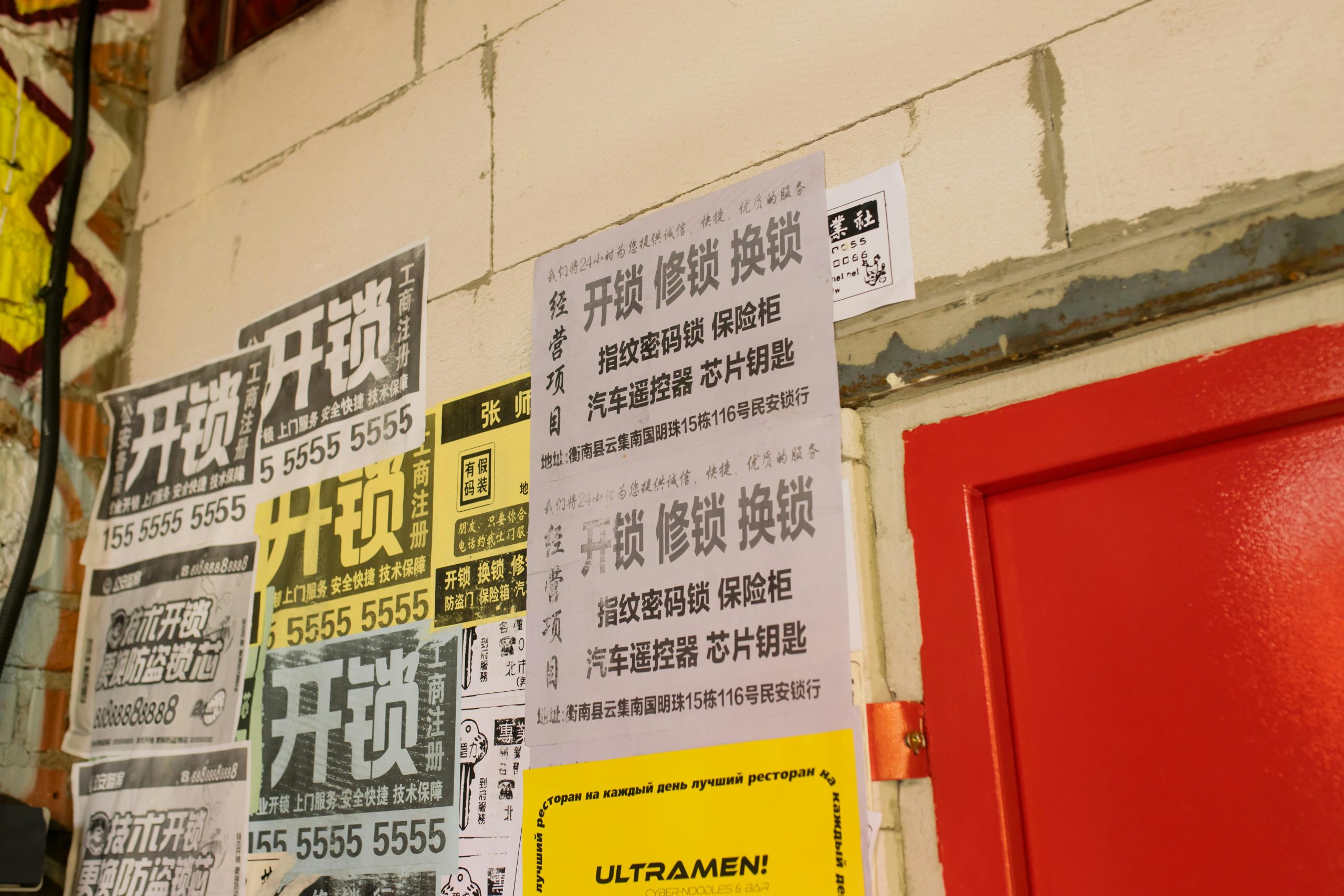Prohibiting Communists: Executive Action in Australia


Prohibiting Communists: Executive Action in Australia

Palmer’s Trumpet of Patriots Invests Heavily in Controversial Advertising from a Two-Decade-Old Documentary In a bold move that has sparked discussions across various platforms, Palmer’s Trumpet of Patriots has allocated

The fallout from the caravan hoax intensifies as Dutton responds to accusations of inciting fear.

The Young Nationals’ Shared Perspective: A Unified Voice In recent discussions within the Young Nationals community, an intriguing consensus has emerged among its members. Individuals associated with the Young Nationals
The topic of banning Communists and executive punishment in Australia raises important questions about freedom of speech, political diversity, and the balance between national security and individual rights. While concerns about communism often stem from historical context and geopolitical tensions, it’s crucial to approach these issues carefully.
Australia, as a democratic society, values the principles of free expression and the right to hold different political beliefs. Any discussion about banning a political ideology should consider the implications for civil liberties and the potential for overreach. Executive punishment, if not carefully regulated, could lead to abuses of power and undermine the democratic fabric of the nation.
Moreover, it’s essential to engage in open dialogue and address the root causes of political dissent rather than resorting to punitive measures. History shows us that suppressing ideology can often lead to further division and unrest.
Ultimately, navigating this complex issue will require a nuanced understanding of both historical context and contemporary values. It’s important to ensure that any measures taken protect the rights of individuals while also addressing legitimate security concerns. Engaging with diverse perspectives can foster a healthier political environment. What are your thoughts on how Australia can balance these interests?